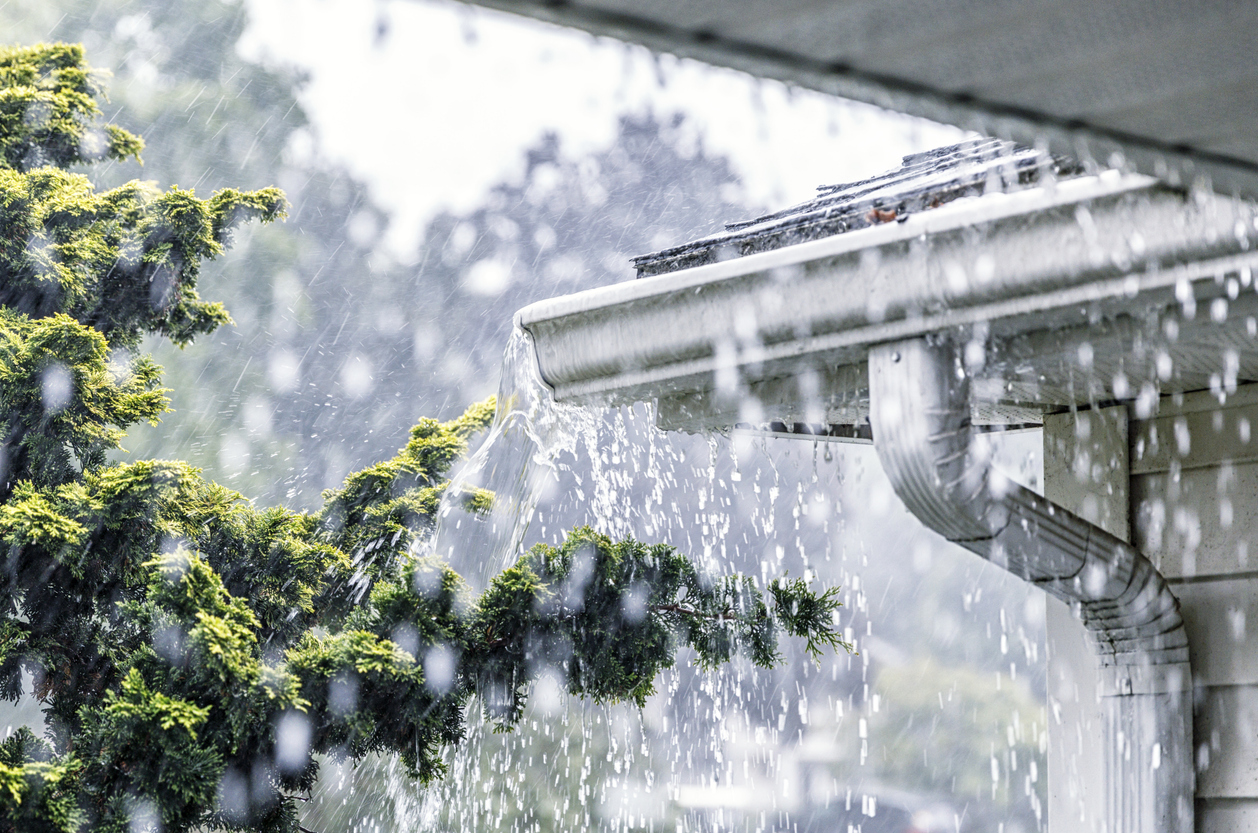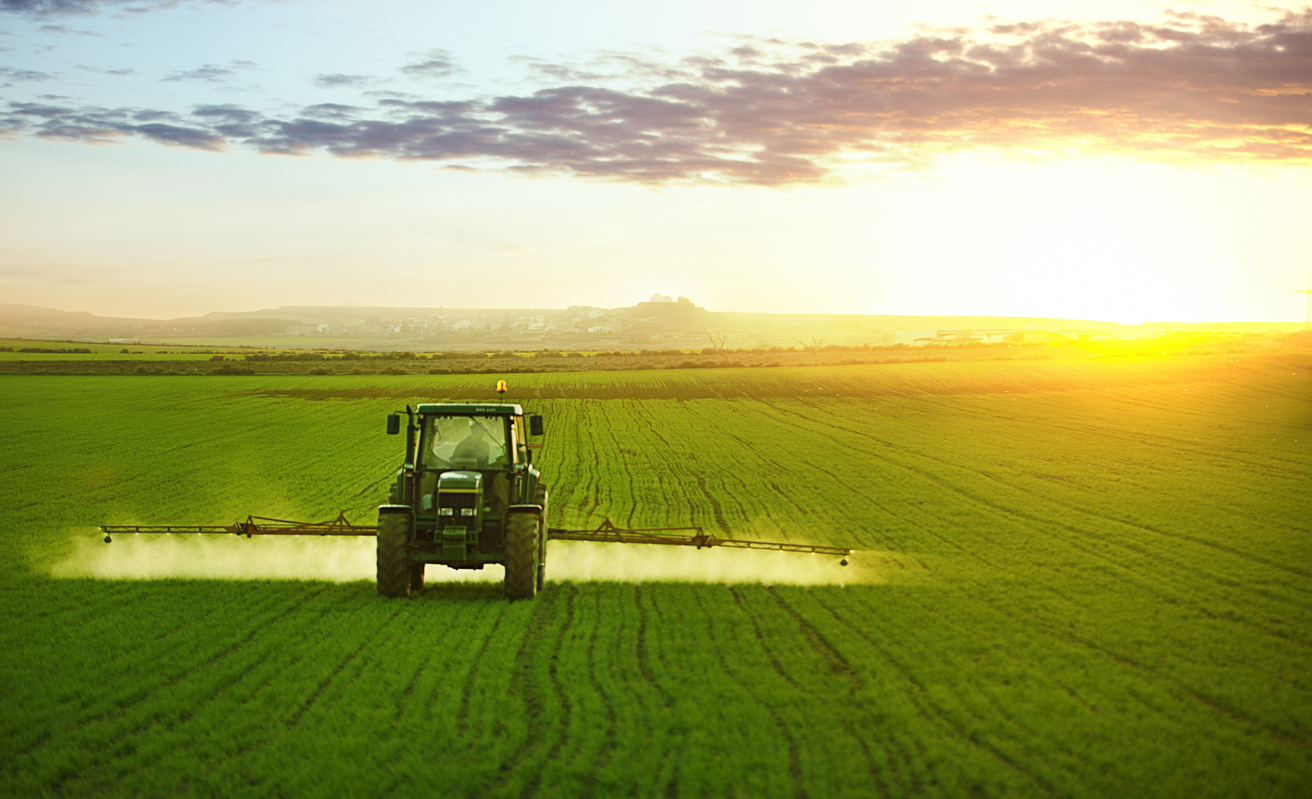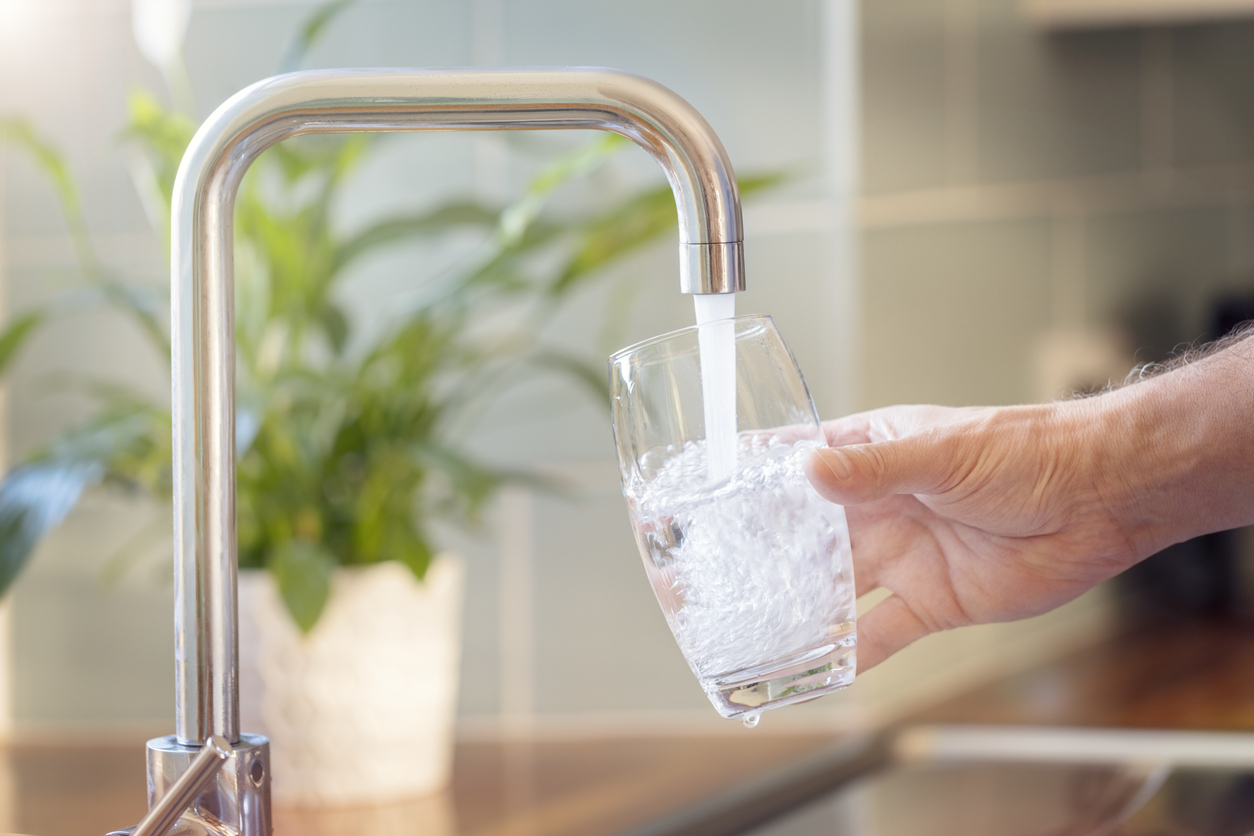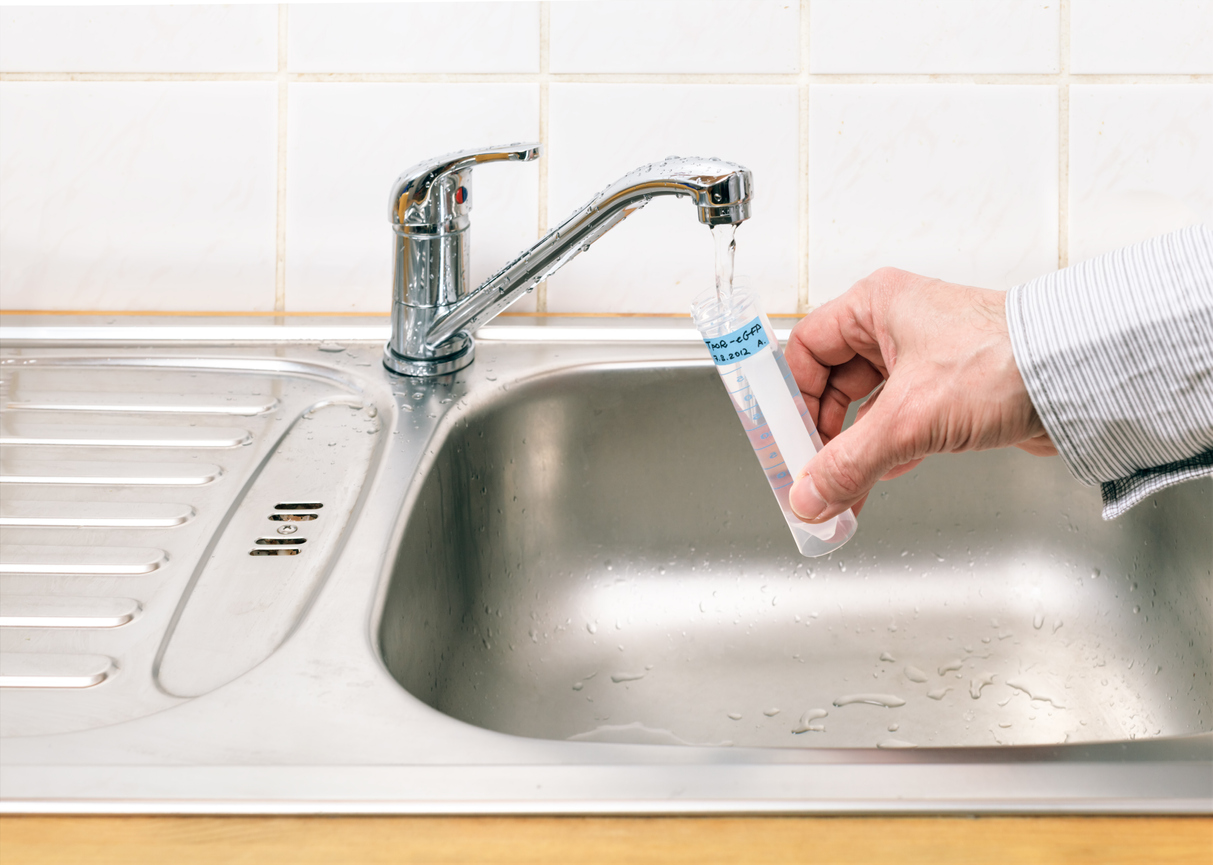YUCK! You May Be Drinking This!

Many of us trust our municipal water supply without thinking twice about what might actually be within the water.
The EPA has regulations for over 90 contaminants, which means all 90 contaminants are legally allowed to be present in the nation’s water supply at some level and those water supplies are still considered to be “safe” drinking water.
Our HALO team is dedicated to making a difference and providing highly-filteres drinking water for you and your family. Protecting the health and safety of our nation. Continue reading to learn what some of the most common contaminants are!

Nitrate
Nitrate is a compound created when nitrogen mixes with oxygen.
High levels of nitrate are most commonly found in small rural farming communities. The chemical has been linked to severe adverse health conditions.
Click here to learn more about nitrate.

Pesticides
Pesticides have the potential to contaminate drinking water in both rural and suburban areas. They make their way into groundwater and surface water that feed into municipal drinking water supplies. The level of contamination can often vary from month to month based on seasonality.
Click here to learn more about pesticides.

Metals and Heavy Metals
The difference between metals and heavy metals is their atomic weight. Heavy metals are elements with a relatively high density and have higher atomic numbers as well.
Not all heavy metals are actually metals also included are metalloids such as arsenic. All heavy metals are linked to severe adverse health conditions.
Click here to learn more about heavy metals.

Bacteria
Bacteria found in drinking water can result in severe adverse health conditions.
Although it is rare for bacteria to be present in municipal water supplies due to the presence of a multitude of chemical disinfectants, bacteria can be commonly found in well water.
If a municipality issues a “boil notice, it’s crucial to follow your cities guidelines no matter what filtration you are currently using. This indicates that bacteria has contaminated the city water supply in your area. Boil water and use bottled water until the boil notice is lifted.
Click here to learn more about bacteria.
If you have obtained a current well water report and would like to have it analyzed by our water engineers, please submit your report to wellwater@halowater.com.
Our experts will make a recommendation based on those results that will ensure your water is safe to drink.
We encourage consumers using well water to test their well water regularly as well water chemistry can change over time.


